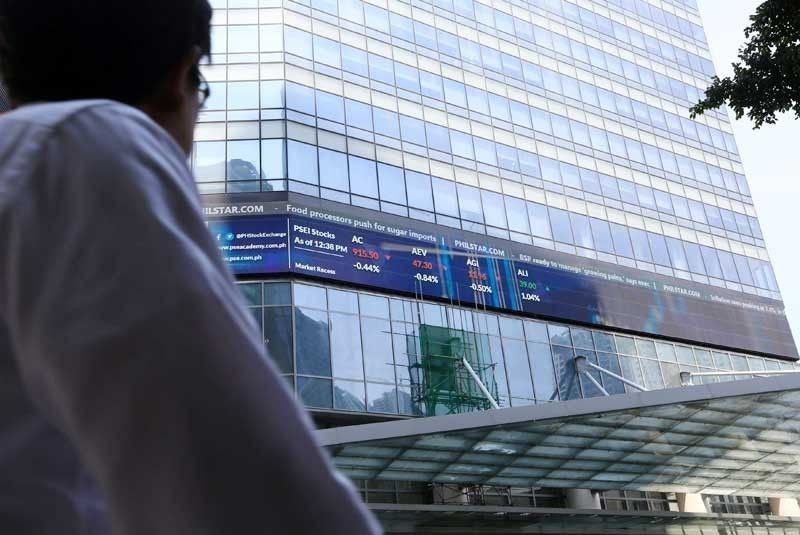No safe haven as COVID-19 market damage beats financial crisis

MANILA, Philippines — The shock that hit financial markets as the coronavirus disease-2019 (COVID-19) rapidly spread across the globe has surpassed the turmoil caused by the onset of the global financial crisis a decade ago, the Asian Development Bank (ADB) said.
There was no place safe for investors as equity, bond and foreign exchange markets in Asia all suffered massive losses as the region counted confirmed cases that belatedly piled up after those in China, where the pandemic started late January.
“After the outbreak became a global pandemic, the pace of stock market losses in Asia was faster than the declines during the initial phases of the global financial crisis,” ADB said in its latest Asian Development Report released Friday.
“The COVID-19 shock then caused equity markets to fall and bond spreads to widen significantly,” it added.
The report made special mention of the Philippine Stock Exchange index (PSEi) which suffered a huge 31% year-to-date drop as of March 17, just when President Duterte ordered a community quarantine for the entire Luzon until April 12 to put the virus spread under control.
PSEi had since recovered some ground, bouncing back to 5,000-level, and ended trading slightly up 0.09% at 5,346.97 on Friday.
At the foreign exchange market, the Manila-based lender also observed a faster depreciation in Southeast Asian currencies, including the peso, suggesting investors are fleeing these markets and going to safe havens like the US dollar and gold, as risks rose.
“In Asia, spillover from global financial jitters quickly translated in substantial capital outflow to safe havens,” the report said.
“The pace at which regional currencies have depreciated so far has been faster than in recent shocks, either the global financial crisis of 2008-2009 or the taper tantrum in 2013, particularly in NIEs (newly-industrialized economies) and Southeast Asia,” ADB said.
The tighter financial condition, as investors flee with their money, would worsen the economic repercussions of COVID-19 outbreak on Asian economies, as resources get scarce and interest rates rise.
On Friday, ADB slashed its 2020 economic growth forecasts in Asian economies to take into account the lingering impact of COVID-19 epidemic which has forced countries to put massive areas in lockdown, halting business and commerce and depreciating consumption and investment. In the Philippines alone, growth is expected to slow to 2%, down from 6.2% seen last December.
“Severe financial turmoil and financial crises cannot be discounted. Movements in equity markets, exchange rates and bond spread and volatility indices have been sharp, reminiscent of the global financial crisis of 2008-2009 and in some cases exceeding it,” ADB said.
- Latest
- Trending






























